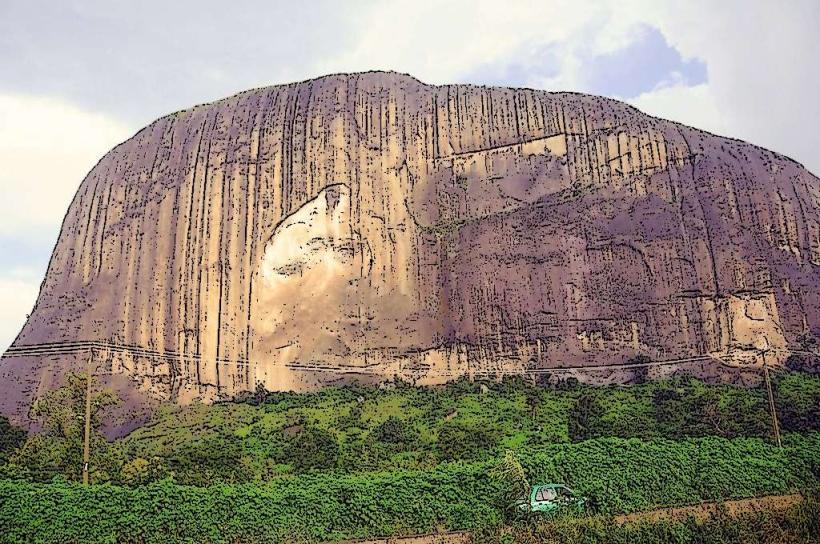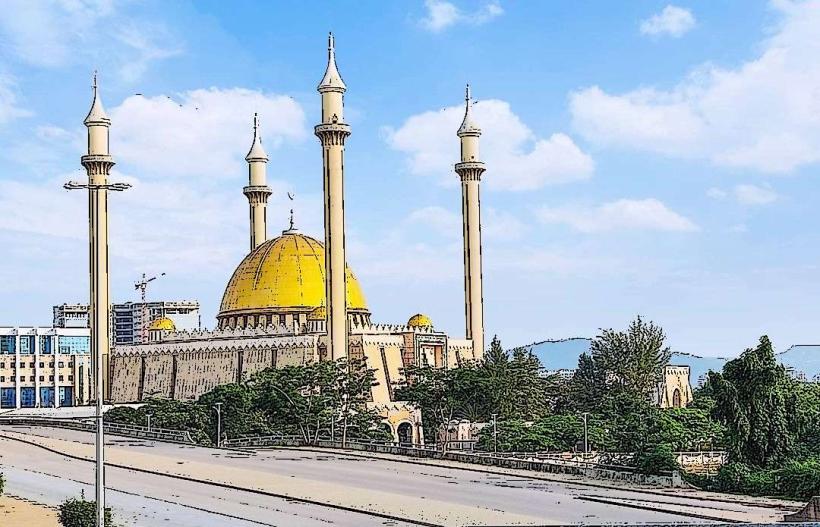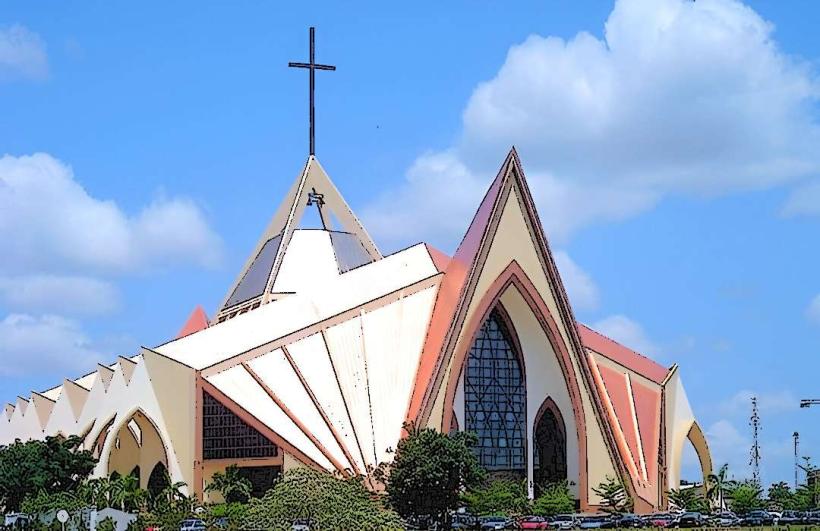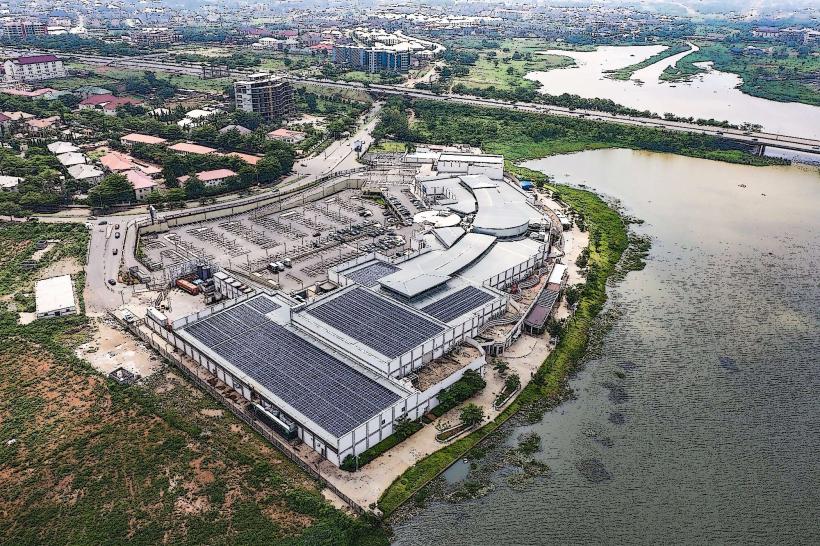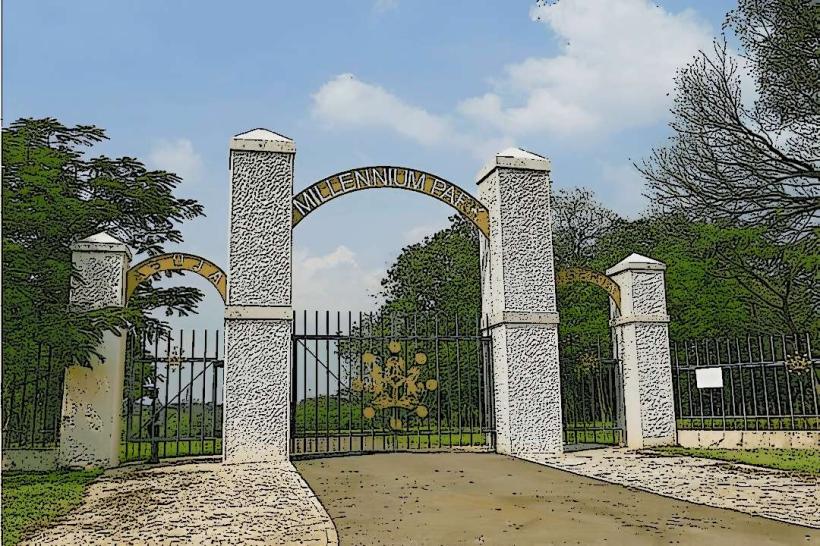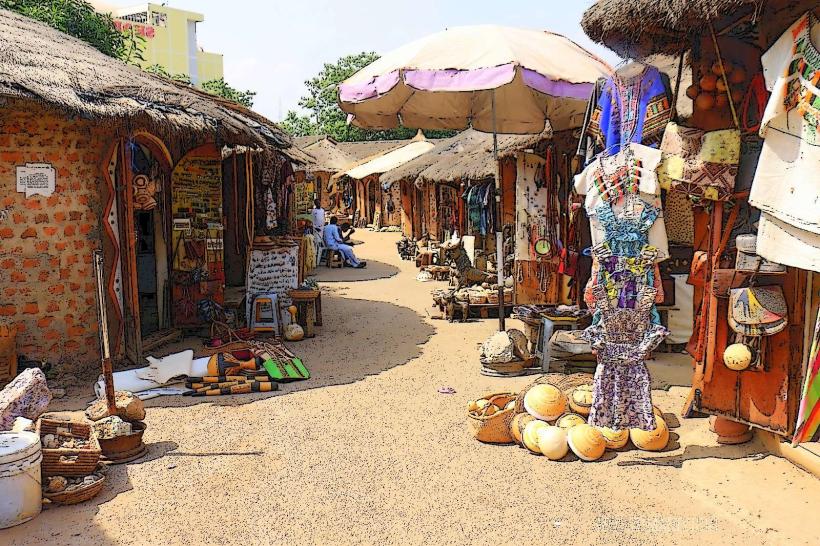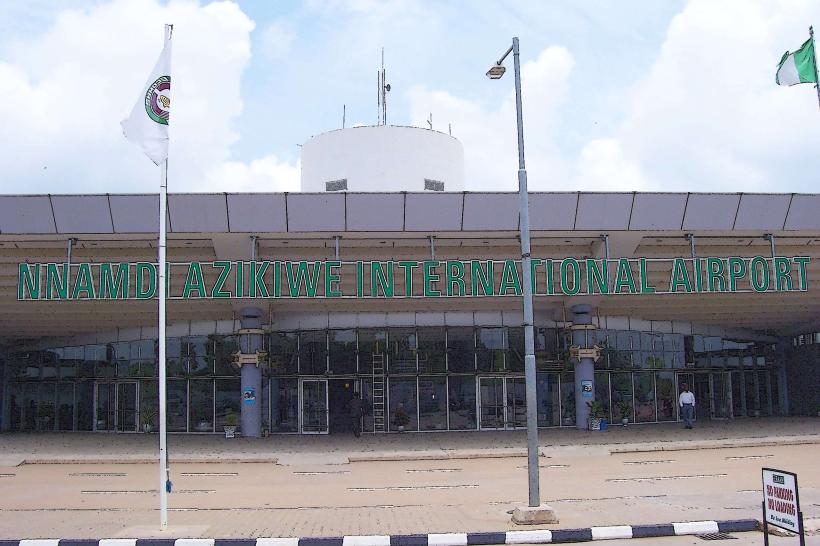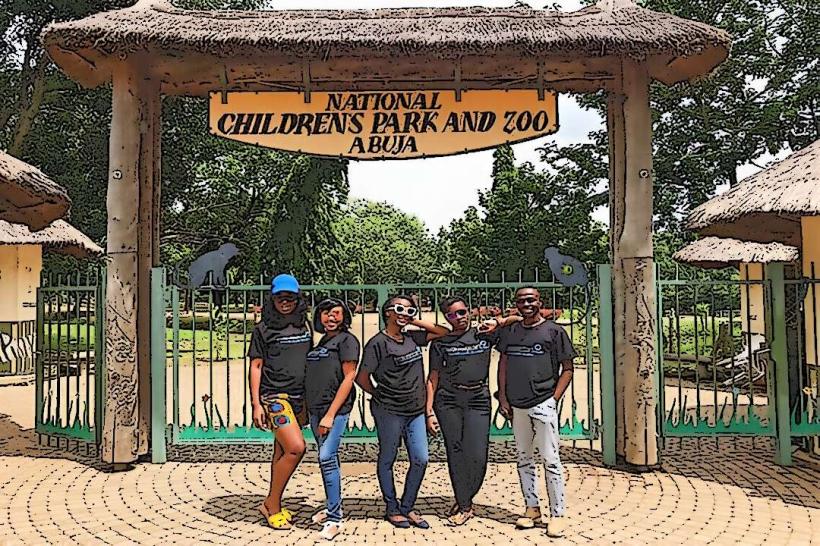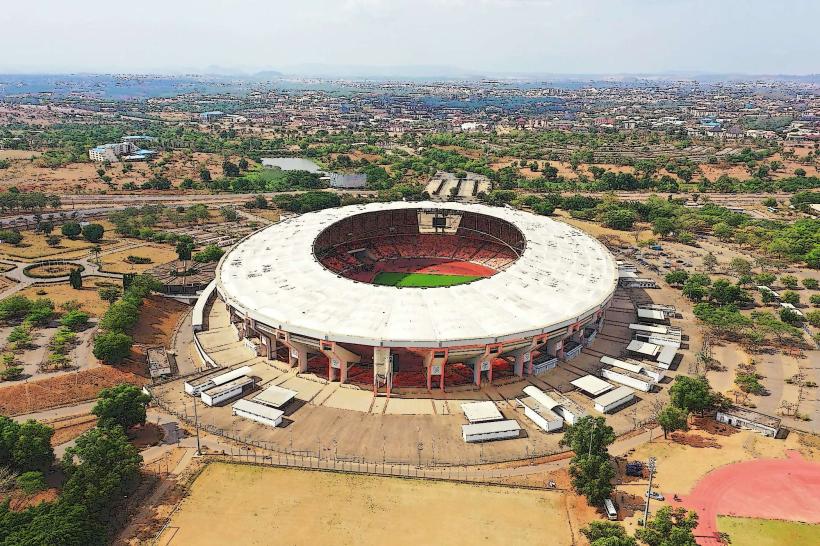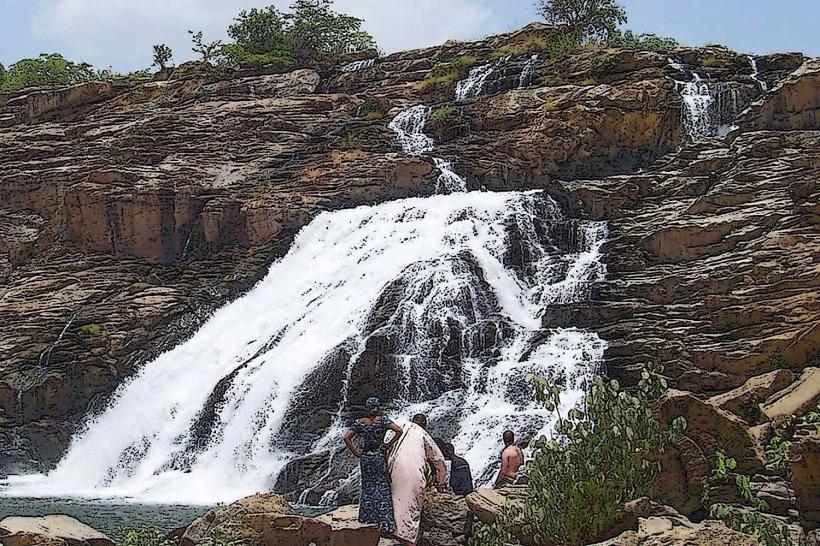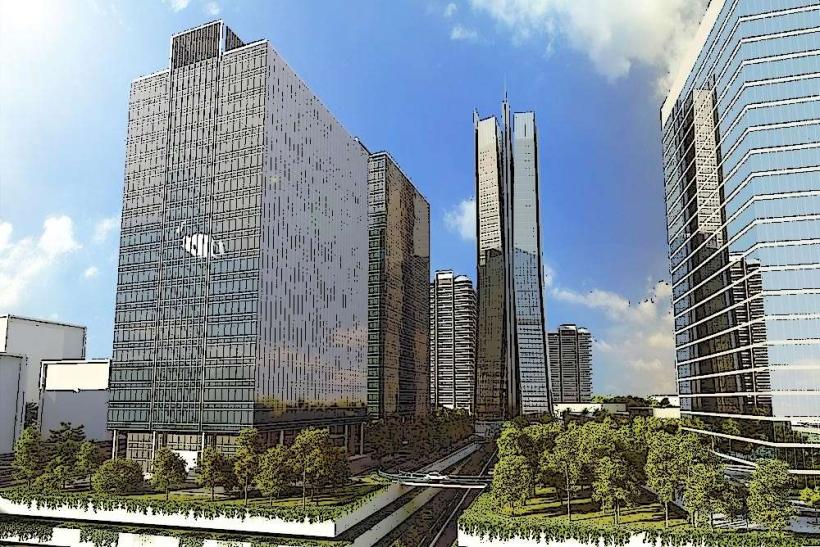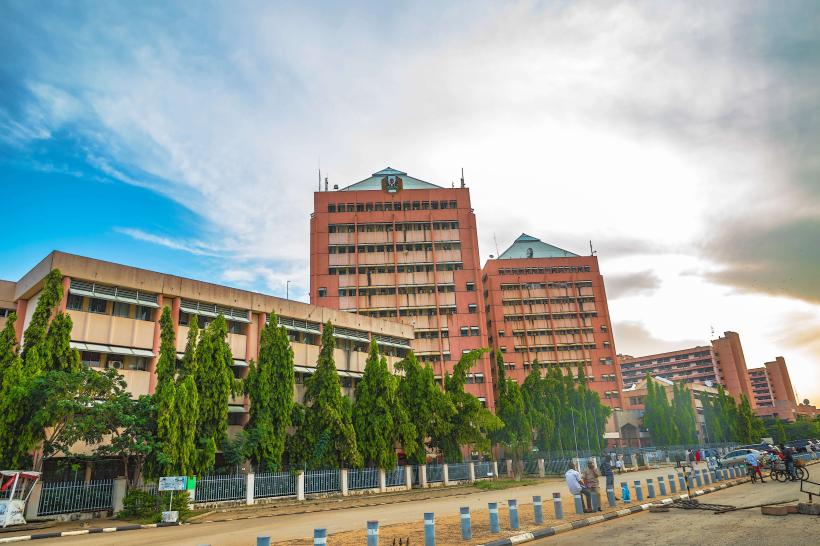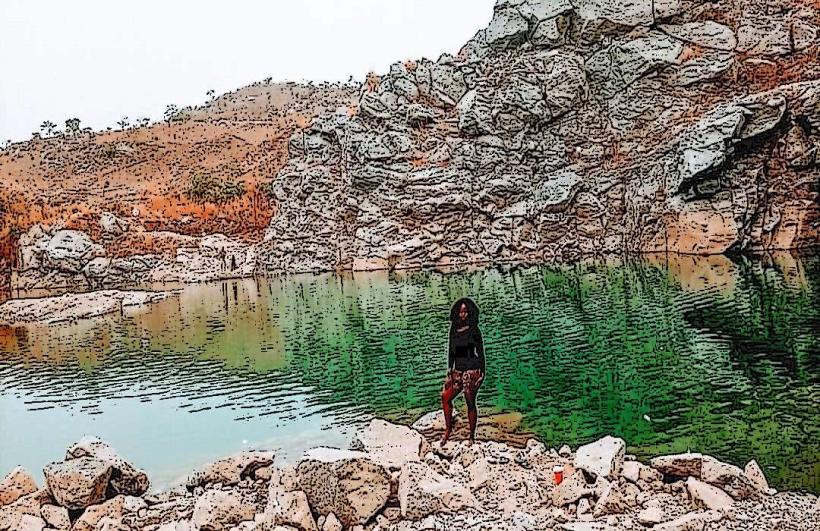Information
Landmark: National Botanical GardenCity: Abuja
Country: Nigeria
Continent: Africa
National Botanical Garden, Abuja, Nigeria, Africa
Here’s a detailed look at botanical gardens and similar green spaces in Abuja, Nigeria. While there is no facility officially named “Abuja National Botanical Garden”, several gardens in and around the capital offer botanical collections, serene landscapes, and opportunities for nature immersion. Below are the most significant and widely regarded ones:
1. Sarius Palmetum and Botanical Garden
Location: Maitama District, Abuja
Overview:
This is one of the most well-maintained and extensive botanical gardens in Abuja, known especially for its palm tree collection. It serves both as a conservation area and a leisure spot for nature enthusiasts.
Key Features:
Over 200 species of palm trees.
A wide range of indigenous and exotic flora.
Quiet walkways ideal for meditation, photography, and picnics.
Educational opportunities related to botany and environmental science.
Activities:
Guided tours for educational institutions.
Private picnics and photo shoots.
Occasional exhibitions of local plants and horticultural practices.
2. Katampe Botanical Garden
Location: Katampe Extension, Abuja
Overview:
Located slightly on the outskirts of the city, this garden is a developing space aimed at conservation and eco-tourism. It offers a more rustic and natural feel compared to city parks.
Key Features:
Indigenous West African plant species.
Natural rock outcrops and shaded forest zones.
Small water features like streams and artificial waterfalls.
Fewer crowds, offering a tranquil, immersive experience.
Activities:
Bird watching.
Landscape photography.
Plant identification and ecological studies.
3. National Arboretum
Location: Near the outskirts of Abuja (restricted access)
Overview:
This is a government-managed reserve designed for the conservation of native tree species. It is not a public recreation park but is accessible through special arrangement, mostly for academic or governmental research.
Key Features:
Covers over 100 hectares of fenced land.
Home to hundreds of tree species, including endangered and rare varieties.
Monitored growth and study of plant behavior under local climatic conditions.
Activities (by arrangement):
Ecological and botanical research.
Environmental training programs.
Official tree-planting ceremonies.
4. National Children's Park and Zoo (Includes a Botanical Section)
Location: Asokoro District, near Aso Rock
Overview:
Though primarily known for its zoo and children’s recreation, it also features a botanical section with curated gardens and labeled trees. It serves as an educational and recreational venue for families.
Key Features:
Collection of flowering plants and decorative shrubs.
Walkways lined with indigenous trees.
Combines wildlife viewing with botanical exposure.
Activities:
Family outings and school trips.
Picnics and small group events.
Plant observation and identification.
5. Central Park Abuja (Recreational, with Garden Areas)
Location: Central Business District, near Yakubu Gowon Crescent
Overview:
This is a recreational space with garden-style landscaping rather than a traditional botanical garden. However, it has well-maintained greenery and floral designs that offer an urban escape.
Key Features:
Lawns, flower beds, and sculpted landscaping.
Restaurants and event areas within the park.
Not focused on conservation but popular for relaxation.
Activities:
Jogging, walking, and biking.
Outdoor events like birthdays and small concerts.
Light gardening inspiration for hobbyists.
Conclusion
If you're seeking a true botanical garden experience, Sarius Palmetum and Katampe Botanical Garden are your best bets in Abuja. For academic or research purposes, the National Arboretum offers unmatched depth, though with limited public access. Families and casual visitors might prefer National Children's Park or Central Park for a mix of nature and amenities.

